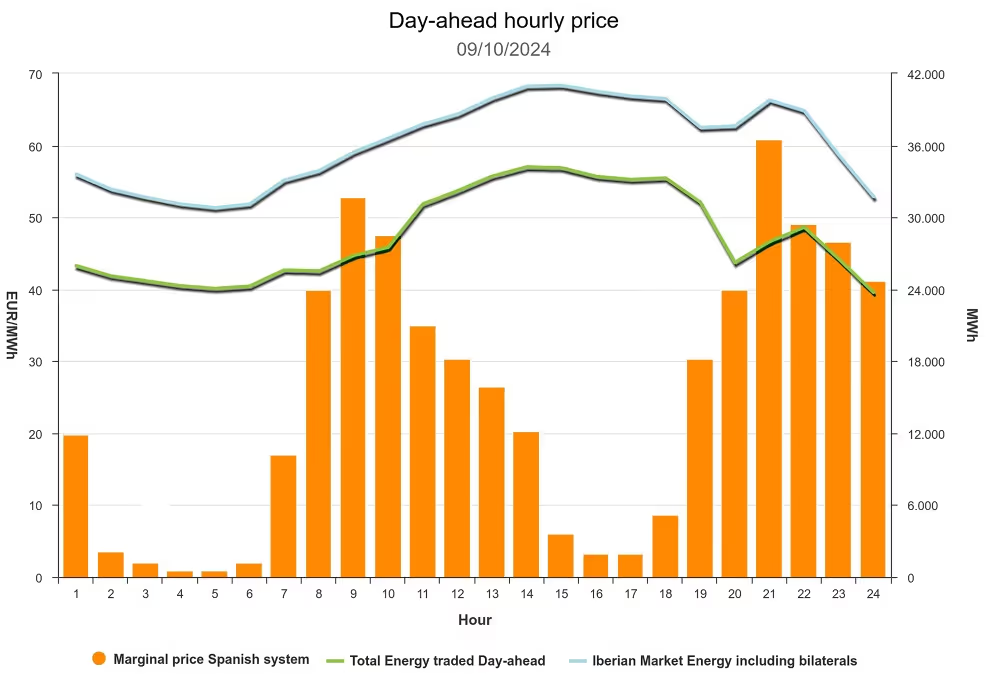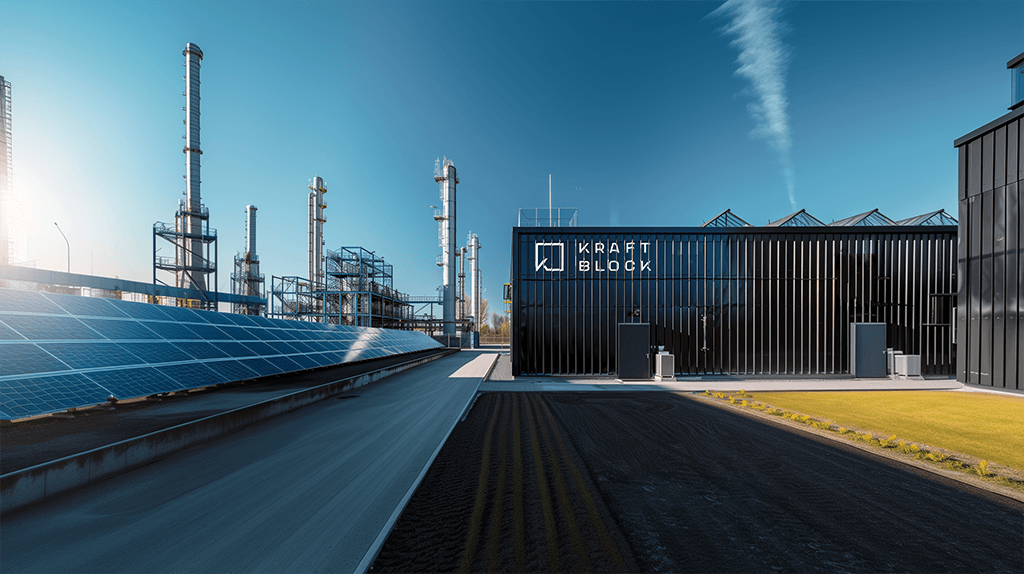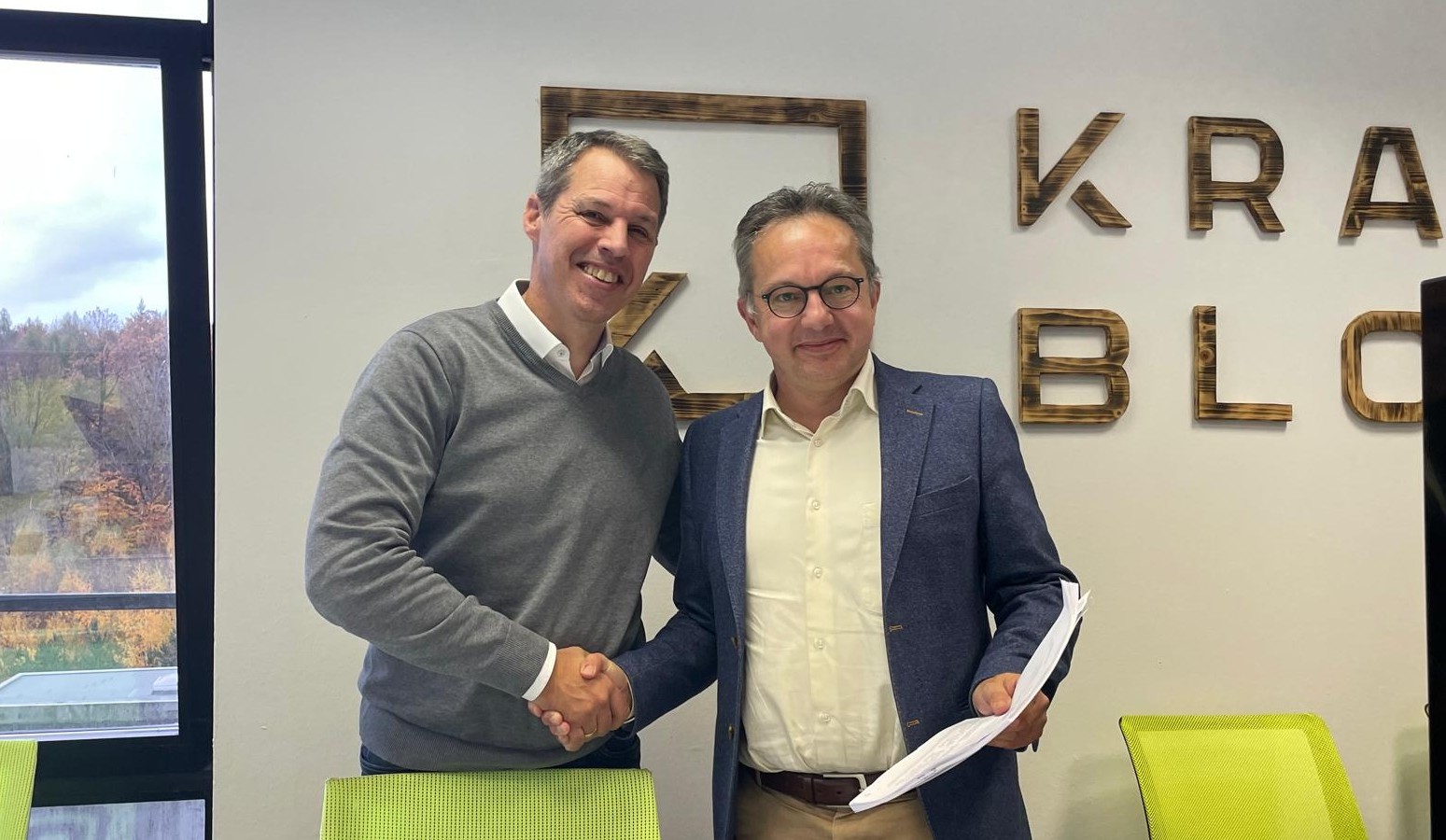Kartoffelchips mit erneuerbarer Energie frittieren
Reduzierung von 98% der Emissionen der Fabrik





Projektdaten
Speichereinheiten
Zwei in der ersten Phase, fünf sind insgesamt geplant
Beladen
Jede Einheit kann 4,5 MWel laden
Speicherkapazität
35 MWhth pro Einheit
Entladen
Bis zu 4,5 MWth pro Einheit (kann kombiert werden)
Emissionseinsparung
8.500 t CO2e (2 Einheiten) bzw. 17.000 t CO2e (5 Einheiten)
Emissionseinsparung
51% beziehungsweise 98%
Das Geschäftsmodell thermischer Speicher
Wie Stromkosten für Industrien reduziert werden


Ein Wärmespeicher in Kombination mit Elektrifizierung durch Power-to-heat ermöglicht im Vergleich zur direkten Elektrifizierung eine erhebliche Kostensenkung. Dies ist auf das Geschäftsmodell von thermischen Energiespeichersystemen zurückzuführen. Im Gegensatz zur direkten Elektrifizierung bietet thermische Energiespeicherung große Flexibilität beim Stromeinkauf.
Im Day-Ahead- oder Intra-Day-Markt kann der Bezug von Strom auf die günstigsten verfügbaren Stunden abgestimmt werden. Der Kraftblock-Speicher transportiert die niedrigen Preise zur späteren Versorgung der Industrie und vermeidet teure Spitzenlasten. Dadurch liegen die Betriebskosten deutlich unter dem Durchschnitt des Strompreises.
Im Falle eines PPA trägt Flexibilität auch zur Verbesserung der Preise bei. Da der Lieferant dieselben Marktmechanismen nutzt, ist eine Wärmebatterie für ihn ein hervorragendes Instrument, um negative Preise zu speichern. Somit ist der PPA mit Flexibilität durch Kraftblocks thermischen Speicher günstiger als ein normaler PPA.
Schließlich können Industrieunternehmen, die eigene erneuerbare Energieanlagen nutzen, ihre Überschussenergie im Kraftblock-System speichern, anstatt den Strom zu einem geringeren Preis zu verkaufen. Auf diese Weise maximieren Industrien die Nutzung ihrer eigenen Energie.
In unserem Whitepaper zum Thema Flexible Elektrifizierung mit Thermischen Speichern zeigen wir, wie vorteilhaft die Kostenreduzierung durch Elektrifizierung mit Kraftblock-Wärmespeichern ausfällt.
Elektrifizierung mit thermischem Speicher
Das Speichersystem mit allen Facetten erklärt


Thermische Speicher für jede Industrie
Nachhaltige Prozesswärme in jedem Prozess nutzen
Lebensmittel
- Industriebäckereien
- Milchindustrie
- Zucker und Snacks
- Fleischverarbeitung
- Verarbeitete Lebensmittel
Getränke
- Brauereien
- Destillerien
- Kaffeeröstung
- Sterilisierungsprozesse
- Pasteurisieren
Papier & Zellstoff
- Kontakttrocknung
- Digester
- Heißluft für Trockenhaube
- Optimisierung von Kraftwerken
Chemische Industrie
- Acrysäure
- Desinfektion
- Rektifizierung
- Biodiesel/Ethanol
Schwerindustrie
- Öfen vorheizung
- Schmelzen (Zink, Aluminium)
- Metallverarbeitung (Härten, Anlassen)
Andere:
- Bitumen heizen (Asphalt)
- Ziegel trocknen, Keramik
- Dampf für Textilien
Dieses Projekt wird im Zuge des Renewable-Energy-Solutions-Programms der Exportinitiative Energie des Bundesministeriums für Wirtschaft und Energie gefördert.





